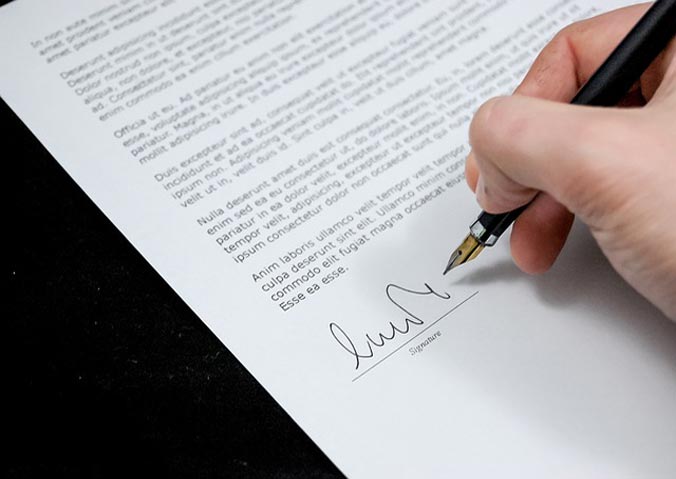All good lawyers will tell you that most cases settle before they ever come to court. This is both a necessity and the logical outcome of the judicial process.
It is necessary because if every case were to continue through trial and a decision by a jury or judge, the judicial system would quickly be overwhelmed.
It’s a logical outcome because the very nature of the legal process is designed to illuminate the strengths and weaknesses of each party’s case and give them incentives to settle.

